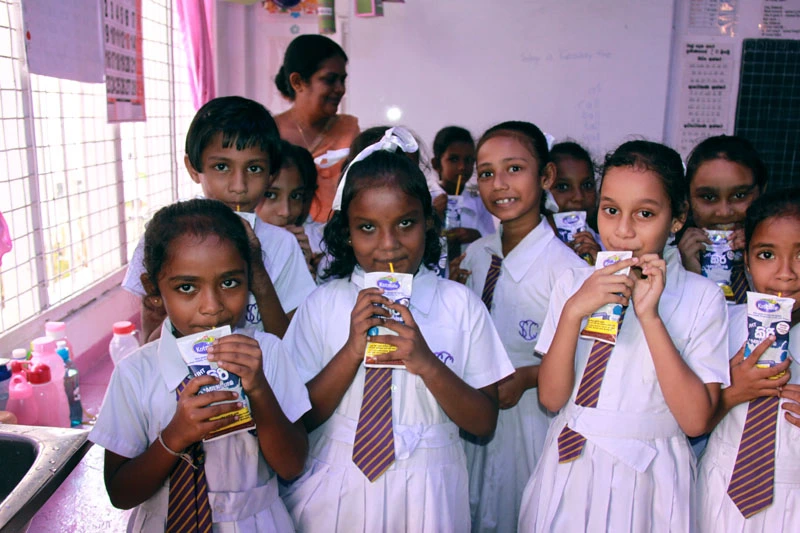A shocking report has come to light, raising concerns about Nestle’s practices in India. The company, which strictly avoids adding sugar to infant food in developed nations like Europe and UK, is doing the opposite in India, which is a booming market for baby food. This double standard, highlighted by a recent inquiry by “Public Eye” and IBFAN, raises serious questions about Nestle’s ethical practices and the impact on the health of children in economically disadvantaged environments.
Disparity in Sugar Content
The investigation uncovered a stark contrast in the sugar content of Nestle’s baby food items marketed in different regions. For instance, Cerelac baby cereal variants sold in India contain significant amounts of supplementary sugar, averaging nearly 3 grams per portion. In contrast, the same product sold in countries like Germany, France, and the UK is devoid of additional sugar. This disparity extends to other regions, with Cerelac cereals in Ethiopia containing over 5 grams of sugar per serving and 6 grams in Thailand.
Impact on Public Health and Ethics
Experts, including Nigel Rollins from the WHO, have raised concerns about the implications of Nestle’s practices. Rollins emphasized that the presence of sugar in infant products in economically disadvantaged environments poses significant challenges in terms of public health and ethics. Early exposure to sugar can lead to a preference for sweetened foods, increasing the risk of obesity and other health issues later in life.
Contradictory Guidance and Lack of Response
Despite providing guidance against the inclusion of sugar in infant meals on its online platform, Nestle has not addressed the discrepancy between its recommendations and the sugar content of its products sold in less affluent nations. The company did not respond to inquiries about this double standard but stated that it has reduced the total amount of added sugars in its infant cereal portfolio globally over the past decade.
Nestle’s Response
A spokesperson from Nestle India stated to TOI that the company has successfully reduced added sugars by up to 30% in its infant cereals portfolio over the past five years. They reiterated Nestle’s dedication to continuing this trend by further lowering sugar levels in their products, all while maintaining high standards of quality, safety, and taste.












